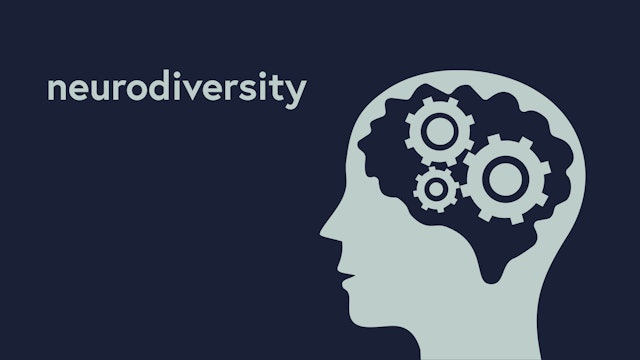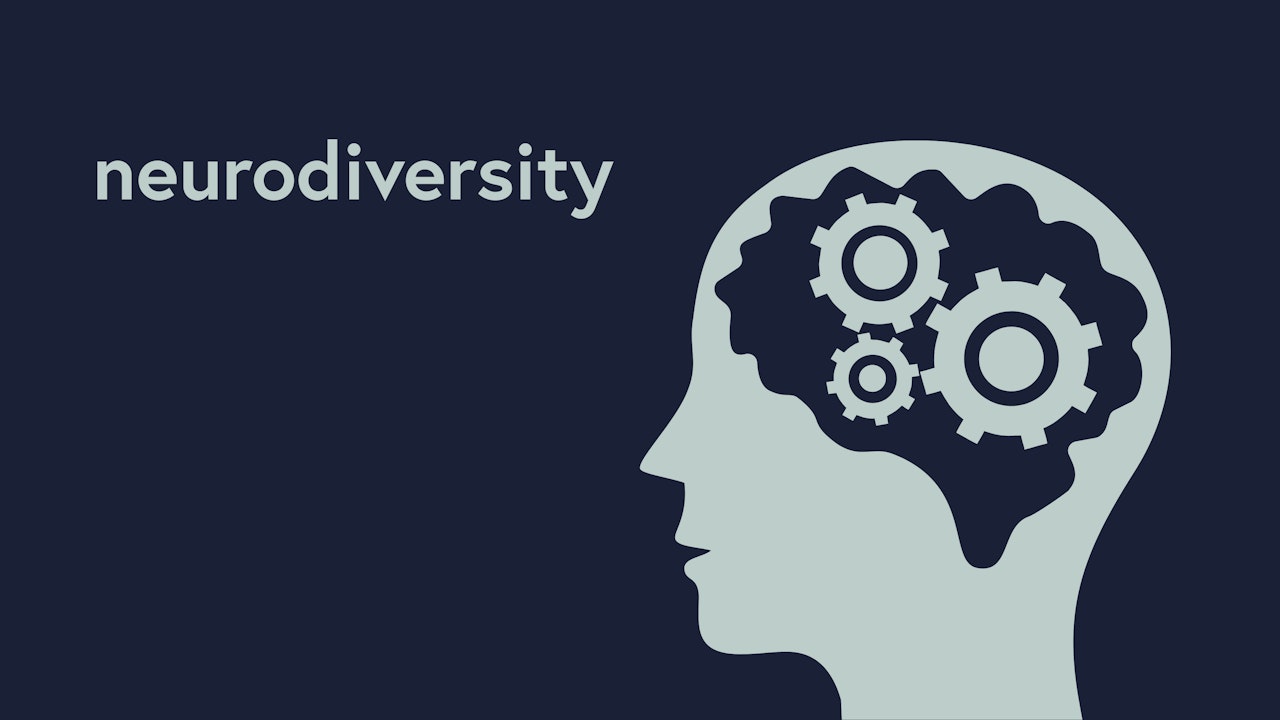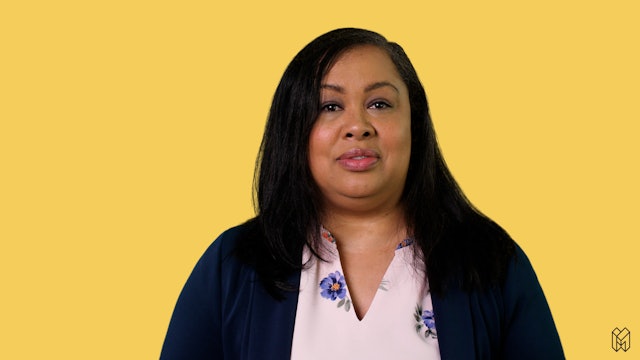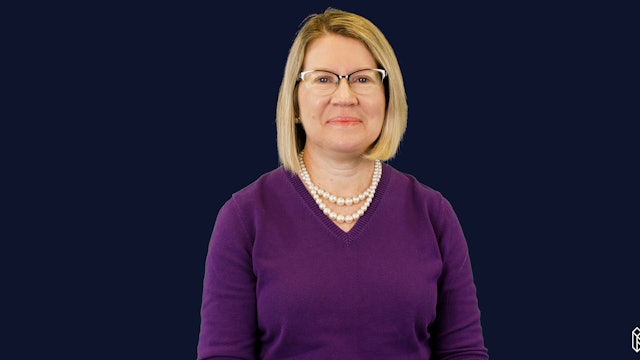-
5 Ways to Accommodate Dyslexia in the Workplace
Expand what you know about dyslexia. Improve the productivity of your workforce by taking these proven, helpful steps to greatly reduce the communications challenges and barriers dyslexia causes for roughly 1 in 5 of your employees.
-
What Types of Disabilities Are There?
Learn about some of the most common types of disabilities, like vision impairment, deafness, mental health conditions, neurodiversity, and physical conditions.
-
Guidelines for Communicating with Employees Who Have Autism
In order for employees with autism to reach their full potential, it’s important to be intentional about your communication choices. Here are a few strategies for creating stronger communication with coworkers who are on the autism spectrum.
-
Inclusive Language for Mental Health & Cognitive Diversity
Find out how to communicate inclusively when discussing mental and emotional health and neurodiversity -- the natural variations in brain functioning for learning, thinking, and processing information. Learn to recognize and avoid language that is trivializing, derogatory, or insulting.
-
What are the Different Types of Diversity?
Consider the multi-dimensional aspects of diversity (beyond race and gender alone) to gain a better perspective on the wide array of groups and intersecting identities that are represented, recognized, and respected in a truly inclusive society.
-
How to Become a DOBE (Disability-Owned Business Enterprise), and its Benefits
For business owners who have disabilities, becoming a certified Disability-Owned Enterprise grants access to excellent business and mentoring opportunities that can help level the playing field and bring positive attention to your enterprise.
-
Myths about Autism
Misconceptions about autism can be harmful and damaging to people on the autism spectrum. Let’s discuss a few of the most common myths and the reality that counters them. With the proper understanding and education, we can create a more inclusive world where everyone can do great work.









